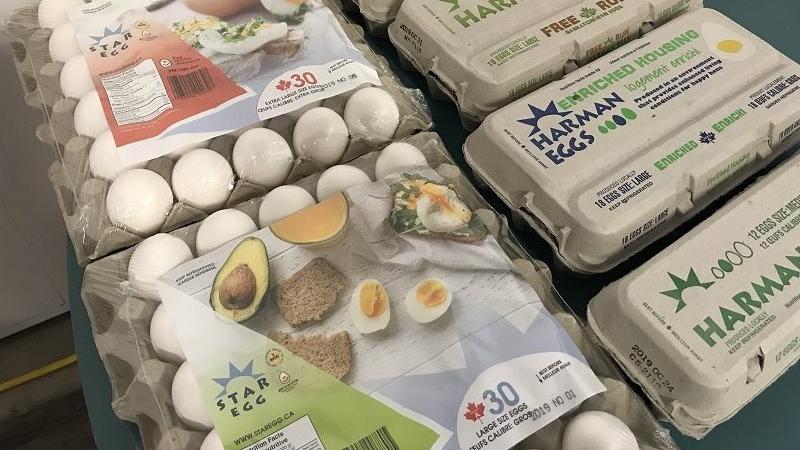
Agriculture Roundup for Thursday, April 20, 2023
MP’s are defending Canada’s supply management system and said it could be a good option for lower-income countries to be less reliant on imports.
A House of Commons committee is meeting today to talk about a Bloc Quebecois bill that would make it harder for new trade deals to chip away at the system.
Since 1972, the federal and provincial governments have regulated the supply and cost of dairy, eggs, and poultry by placing steep tariffs on imports.
But the rules have been tweaked several times over the past decade as Canada negotiated trade deals and agriculture groups have not been happy.


